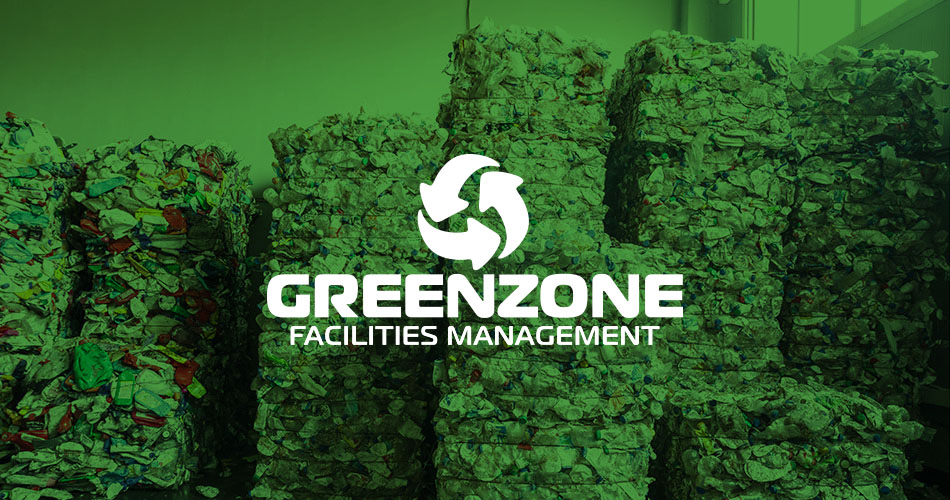In the last 30 years, their use has increased exponentially, and demand is expected to rise to the tens of thousands of tonnes by 2030, the university says.
China produces around 80% of the world’s rare earth metals, and currently less than 1% is recycled – which means it presents a circular economy opportunity.
Additionally, there has been significant volatility in the price of rare earth metals in recent years, and recycling the magnets will help protect the supply chain for Europe’s manufacturing base.
The grant will fund the development of a complete European supply chain that is capable of producing 20 tonnes of recycled magnets a year that would otherwise go to landfill.
Innovative process
A robotic sorting line will locate and concentrate the rare earth magnets from scrap at Tyseley Energy Park in Birmingham, recycling facilities will extract the metal alloy powders, and these will be used to manufacture recycled magnets in plants in the UK, Germany and Slovenia.
An innovative process developed by University of Birmingham researchers will be a key aspect of this new supply chain.
Previous methods of extracting rare earth metals required disassembly and removal of the magnet.
However, the new process uses hydrogen to break down magnetic metal alloys into a powder, which is easily separated from the remaining components, thereby saving time, labour and money.
The approach also allows the recycling unit to process multiple items at the same time.
Orginal Source

